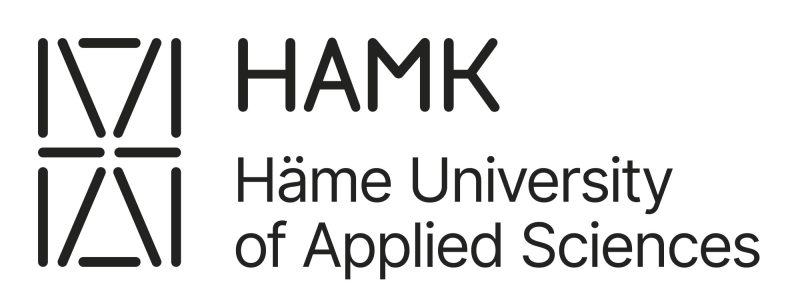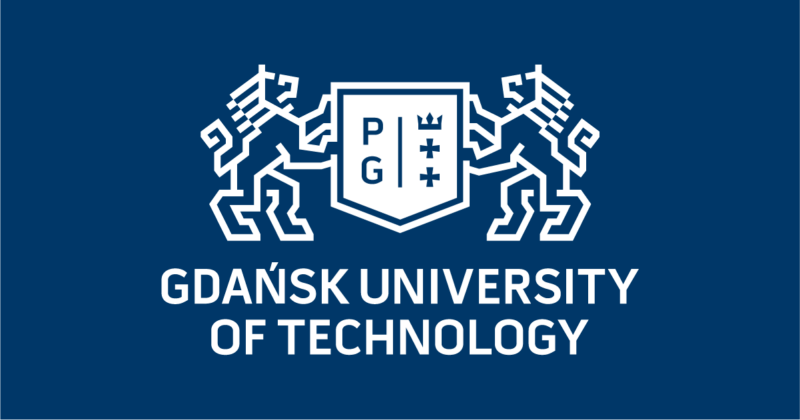
AGILE MINDSET
Agile learning culture influence on dynamic capabilities of knowledge-based organizations: Polish-Finnish cross-country analysis
Project information
| Project | Agile learning culture influence on dynamic capabilities of knowledge-based organizations: Polish-Finnish cross-country analysis |
| Duration | 27.06.2023-26.06.2027 |
| Partners | Gdańsk University of Technology Häme University of Applied Sciences |
| Funders | Narodowe Centrum Nauki (NCN) (National Science Centre) |
| Budget | 109 191€ |
The project investigates how agility affects double and triple-loop learning at individual, team, and organizational levels, and its impact on dynamic capabilities, innovativeness, and resilience in IT and other organizations in Poland and Finland.
Häme University of Applied Sciences (HAMK) contributes expertise in agile leadership research through its applied research and practical implementation of agile methodologies, and experience in leadership development.
HAMK has produced various publications and research on agile methods, emphasizing their practical application in education, business, and technology. Key previous research include design thinking and agile development, scrum and agile project management, and agile innovation.
Target group
The main target groups of the project include agile leaders and agile specialists in IT and other organizations. Agile leadership is compared between the countries and business sectors.
Operating area
Agile leadership and agile methods have been investigated especially in the Finnish IT sector. This study will increase understanding on agile mindset and leadership in other organizations as well as the IT sector.
Execution
Recent research highlights that agility is seen not as much as a methodological approach as it is essentially a mindset. Thus, the shared ”agile mindset” seems more important than any specific agile management methodology, process, system, platform, or organizational structure.
Analytical mixed qualitative and quantitative methods will be used in the research process. The qualitative stage is needed to explore in more depth the conditions and reasons for the emergence of an agile mindset in organizations and gather insights about multilevel agile learning. Then, using quantitative methods, the cause-and-effect structure of the mutual relationships of the identified variables will be determined. Dynamic capabilities, innovativeness, and the condition of the economy are linked together. Therefore comparative studies are planned based on countries such as Poland and Finland.
Publications
- Kucharska, W., Kucharski, M., & Jussila, J. (2025, November). Agile Culture, Agile and Non-Agile Minded Employees’ Interrelations in the Context of Agile-Minded Leader Paradox. In Proceedings of the 21st European Conference on Management, Leadership and Governance. Academic Conferences and publishing limited. https://mostwiedzy.pl/pl/publication/download/1/agile-culture-agile-and-non-agile-minded-employees-interrelations-in-the-context-of-agile-minded-lea_109402.pdf
- Kucharska, W., Kucharski, M., Balcerowski, T., & Jussila, J. (2025, September). Agile Mindset Leaders and Their Experience-Based Tacit Knowledge Absorption Mastery: Polish-Finnish, Technological, and Non-Technological Leaders’ View. In European Conference on Knowledge Management (pp. 563-571). Academic Conferences International Limited. https://drive.google.com/file/d/14QTUBXkpjxrut_ok_e2nQMI8Lz6RxqH7/view
- Kucharski, M., Kucharska, W. & Jussila, J. (2025). Impact of Agile Software Development Team Leaders’ Mindset on Dynamic Capabilities for Achieving Organizational AgilityIn I. Luković, S. Bjeladinović, B. Delibašić, D. Barać, N. Iivari, E. Insfran, M. Lang, H. Linger, & C. Schneider (Eds.), Empowering the Interdisciplinary Role of ISD in Addressing Contemporary Issues in Digital Transformation: How Data Science and Generative AI Contributes to ISD (ISD2025 Proceedings). Belgrade, Serbia: University of Gdańsk, Department of Business Informatics & University of Belgrade, Faculty of Organizational Sciences. ISBN: 978-83-972632-1-5. https://doi.org/10.62036/ISD.2025.26
- Kucharska, W., & Kucharski, M. (2025, April). Agile Mindset, Technological vs. Non-technological Mindset, and Gender: Are They Related?. In Proceedings of The 7th International Conference on Gender Research. Academic Conferences and publishing limited. https://www.researchgate.net/profile/Wioleta-Kucharska/publication/390473432_Agile_mindset_technological_vs_non-technological_mindset_and_gender_Are_they_related/links/67ef7a8103b8d7280e21e773/Agile-mindset-technological-vs-non-technological-mindset-and-gender-Are-they-related.pdf
- Kucharska, W., Balcerowski, T., Kucharski, M., & Jussila, J. (2024, November). Who is an agile leader? Technological vs. non-technological mindset employees’ views. In Proceedings of the 20th European Conference on Management, Leadership and Governance (Vol. 20, No. 1, pp. 397-404). Academic Conferences and publishing limited.https://mostwiedzy.pl/pl/publication/download/1/who-is-an-agile-leader-technological-vs-non-technological-mindset-employees-views_103501.pdf
- Kucharska, W., Kucharski, M., Balcerowski, T., & Jussila, J. (2024, September). How does the relationship between the mistakes acceptance component of learning culture and tacit knowledge-sharing drive organizational agility? Risk as a moderator. In Proceedings of the 25th European Conference on Knowledge Management (Vol. 25, No. 1, pp. 397-404). Academic Conferences and publishing limited. https://papers.ssrn.com/sol3/Delivery.cfm?abstractid=4913760
Contact information
Principal Investigator: Wioleta Kucharska
Project manager: Jari Jussila
Research team:
dr hab. inż. Wioleta Kucharska,
dr inż. Maciej Kucharski,
mgr inż. Tomasz Balcerowski,
(Gdańsk University of Technology, Poland);
dr. Jari Jussila (HAMK, Finland);
dr. Maarit Laanti (WikiAgile, Finland),

Jari Jussila
Leading Principal Research Scientist
HAMK Design Factory

WIOLETA KUCHARSKA
Associate Professor
wioleta.kucharska@pg.edu.pl


